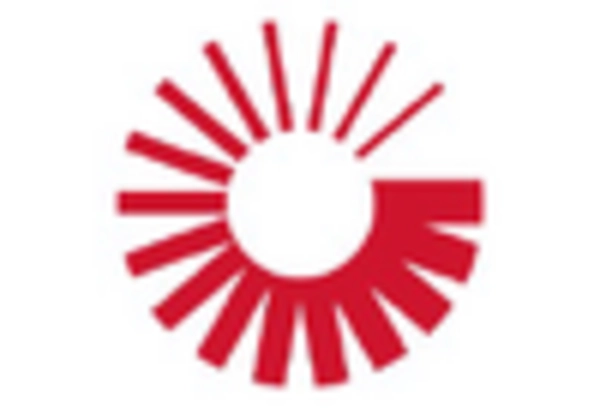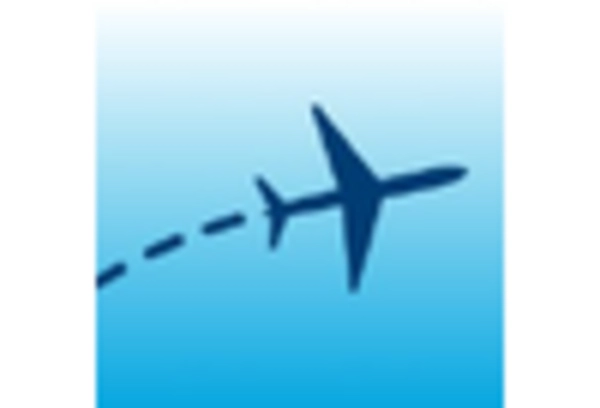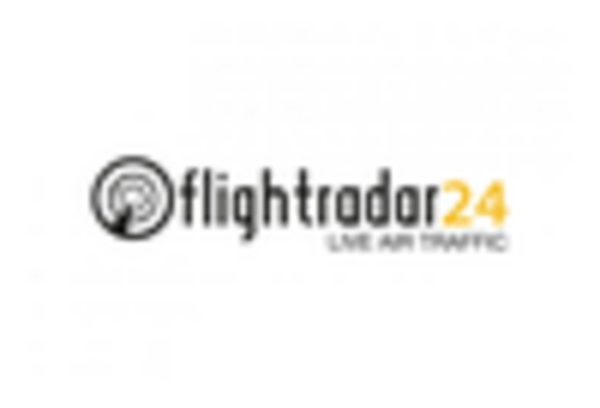Research Methodology on Flight Tracking System Market
Research Design
This research project is an investigation into the current market size and growth rate of the global flight tracking system market. It seeks to assess the market structure and competitive dynamics of this industry as well as to provide insights into emerging trends and other issues that may influence the expected market performance over the forecast period 2023 to 2030. The research design utilized for this research project will encompass the use of both primary and secondary research sources to accurately assess the market under consideration. To help guide the development of this research design, the following four overarching research objectives have been developed:
- To assess the current size, composition, and structure of the global flight tracking system market.
- To evaluate the competitive dynamics of the leading players in the market.
- To identify emerging trends that may influence the market’s performance over the forecast period 2023 to 2030.
- To provide insights into potential areas of growth for the market in the future.
Primary Research
Primary research is an essential component of any market research project, and for this research project, primary research will be used in order to provide a more accurate assessment of the market's size and structure. To accomplish this, a survey will be designed using SurveyMonkey which will be distributed to flight service providers, fleet management companies, and end-users of flight tracking systems. This survey will collect important information such as the respondent's industry segment, the type of flight tracking system used, and their opinion on the market's future performance. Other pertinent information such as their opinion on recent market developments, their current usage preferences, and regulatory trends will also be obtained. Additionally, structured interviews via online or telephonic interviews may also be conducted with key industry stakeholders in order to further assess the market's health.
Secondary Research
Secondary research will also be a key factor for this research project as it will be used to supplement the findings from the primary research. For this project, secondary research will be conducted using scholarly journals, white papers, market reports from leading research firms, and other related documents. Reports from government agencies and regulatory bodies will also be consulted in order to identify any changes in government policies and regulations that may affect the market. Additionally, publicly available information from industry sources such as annual reports and industry associations will be used to supplement the findings of the primary research.
Data Processing and Analysis
Once the primary and secondary research sources have been collected and assessed, the data is organized and stored in a secure warehouse where it will be processed and analyzed. The collected data is subjected to a series of statistical tests such as correlation analysis and independent samples t-tests in order to identify the strength of the relationships between the different variables. Additionally, leading software packages such as SPSS and STATA will be used to measure both the absolute and relative importance of the different factors that influence the market's performance. Qualitative approaches such as thematic analysis and content analysis will also be used to deduce insights from open-ended questions posed in the survey.
Reporting
Finally, the data and insights from this research project is organized and reported using recognized reporting practices and standards. All the results will be formatted clearly and concisely for easy reading and comprehension. Further, insights from statistical tests and qualitative data processing will be explained in plain English for better understanding. Relevant illustrations, graphs, and tables will also be utilized to supplement the report. This report will ultimately be presented to the client or other stakeholders upon completion.















